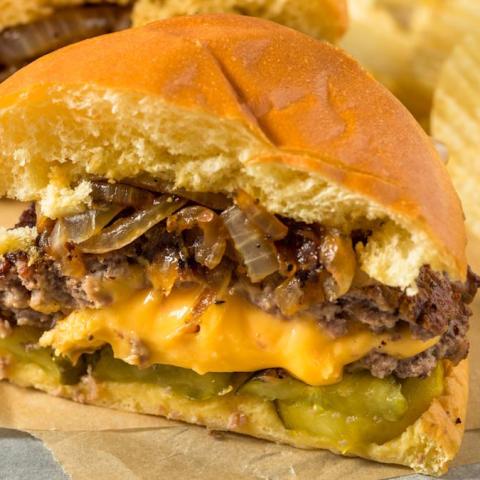From reinventing classic dishes to creating outdoor dining experiences, food traditions are evolving in exciting ways. Culinary heritage isn’t confined to age-old recipes; it’s thriving in kitchens around the globe.
Today’s chefs are blending their cultural roots with flavors and techniques from various cuisines. This trend is known as "Turnover Tradition," an innovative take on heritage cooking where chefs mix ancestral methods with modern influences and personal stories.
Consider Siberian chef Alissa Timoshkina. In her cookbook Kapusta, she takes simple ingredients like cabbage and beetroot and combines them with contemporary cooking techniques. This approach not only keeps traditional flavors alive but also caters to modern tastes and dietary needs.
In Spain’s Basque Country, chefs like Josean Alija at the Michelin-starred restaurant Nerua honor tradition by incorporating local ingredients into modern dishes. He focuses on seasonality and locality, showcasing how traditional elements can meet innovative cooking.
One notable figure is Davide Nanni, who takes Italian cuisine back to its roots—literally. He cooks in nature, using fire and ancient methods to highlight the culinary traditions of Italy’s Abruzzo region. Dishes like arrosticini (lamb skewers) are made using raw elements and showcase rustic cooking techniques, yet they feel fresh and new.
This movement isn’t just about nostalgic recipes. It’s part of a larger trend where chefs are moving away from traditional restaurant setups to immersive dining experiences that connect diners with nature. Projects like Nomadic Dinners invite guests to enjoy open-fire feasts in the woods, emphasizing foraged ingredients and the communal joy of dining outdoors.
With consumers increasingly craving unique culinary experiences, social media plays a huge role in this trend. Platforms like TikTok and Instagram are helping traditional recipes go viral. Research indicates that social media is crucial in preserving and promoting local cuisines, as millennials actively share content related to their culinary heritage.
For instance, Dylan Hollis, a social media creator, entertains with spirited videos where he revives quirky and forgotten American recipes from vintage cookbooks. His engaging style makes these old dishes relatable, sparking interest in diverse food histories.
In Italy, another creator combines tradition with dietary needs, adapting recipes to make them gluten-free while still rooted in Abruzzese flavors. This storytelling aspect appeals to modern audiences searching for authenticity.
The future of food is being shaped by three major trends:
Personalized Fusion Cuisine: Traditional cuisines are blending into more individualized cooking styles, where chefs mix personal backgrounds with global influences. This shift will lead to reinterpreted traditional dishes that resonate more with contemporary tastes.
The Human Touch in Cooking: As AI-generated food content becomes more common, the value of in-person dining and hands-on cooking experiences will rise. People are yearning for more than just recipes—they want full sensory experiences.
- Authentic Food Tourism: As travelers seek genuine culinary adventures, the focus is shifting from merely dining out to engaging with local food culture—learning to cook with locals, visiting markets, and understanding the significance of meals.
The movement of “Turnover Tradition” isn’t just a fleeting trend; it signifies a cultural shift. We’re witnessing an exciting renewal of how we eat, cook, and connect with food. Whether it’s a chef reviving ancient dishes or a TikTok creator highlighting forgotten recipes, culinary heritage is evolving, making it relevant for future generations.
Source link
Traditional know-how,Cooking,influencer,Social Media




















